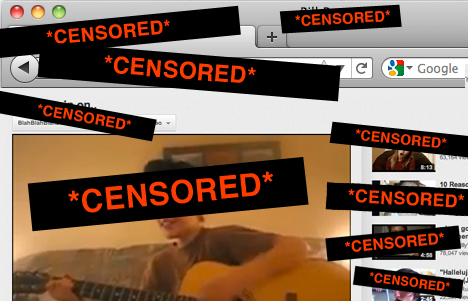Quilliam, the somewhat controversial London-based counter-extremism think tank, released a report today documenting how religious extremists, specifically Islamists, use the Internet to radicalize potential recruits.
Despite shock media narratives claiming that YouTube clerics are snatching up impressionable youth left and right, the report finds that most radicalised Islamists first encounter extremism offline. It also finds that government attempts to censor online extremism can backfire.
“Rather than shutting down the debate we need a more robust dialogue with those who seek to use the Internet for extremist indoctrination and propaganda,” said co-author of the report Dr. Erin Marie Saltman.
This type of dialogue is often called “counterspeech”—positive messaging designed to counter hateful or extreme views—and efforts to promote it are on the rise.
Thanks to a brand new grant from Google’s free expression team, Religion News Service will be independently investigating and reporting on the global effects of religious intolerance and hate speech online.
Our in-house reporters and international freelancers will be covering this topic through at least the end of the year. If you’ve got a tip for a story you think we should tackle, please don’t hesitate to get in touch.






